Why You Should Add a Water Flosser to Your Oral Health Routine
Water Flosser
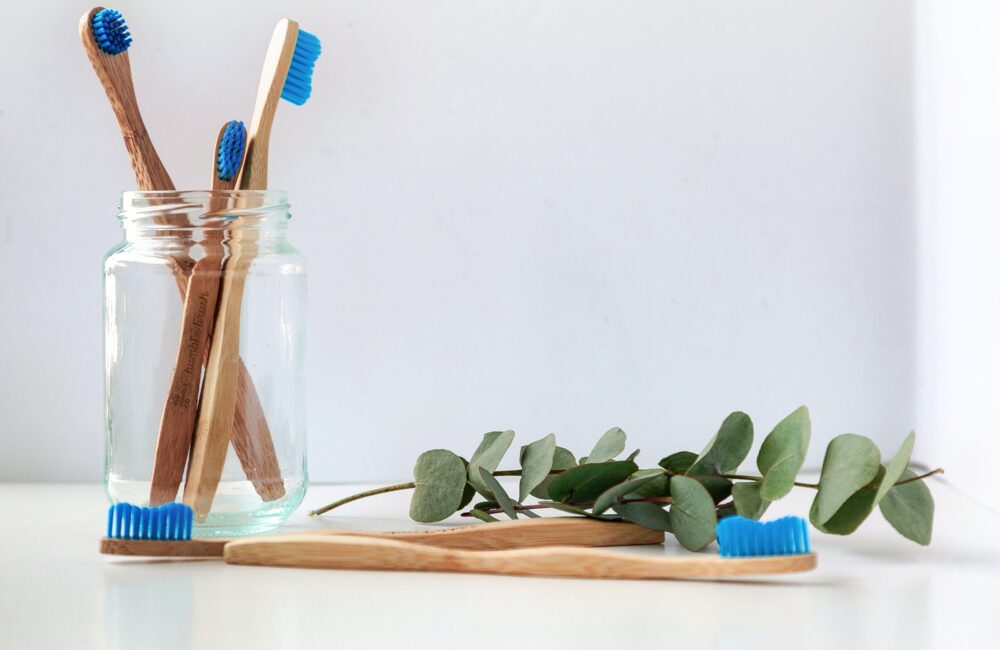
You know what’s a frustrating feeling? Having something stuck between your teeth. You chomp into that apple or take a bit of that salad and you can just feel it wedging itself between your teeth. Ugh.
Cleveland Clinic is a non-profit academic medical center. Advertising on our site helps support our mission. We do not endorse non-Cleveland Clinic products or services. Policy
But what about all the stuff that gets stuck in your teeth that you can’t feel or see? If it’s not cleared away when you brush and floss, it hardens into dental plaque, a sticky film that can lead to all kinds of oral health concerns.
Your dental health plays a huge role in your overall health, and it can even impact your mental health. So, needless to say, it’s pretty important that keep your mouth clean. And a water flosser can be a great way to boost your oral hygiene habits — but it’s important to know what they can and can’t do.
Periodontist Sasha Ross, DMD, explains why you might want to invest in a water flosser, how to use it and why you’ll still need to keep using traditional floss.
What are water flossers and what do they do?
Water flossers, sometimes known as oral irrigators or dental water jets, are handheld tools that shoot a stream of water at your teeth and gums. This removes extra plaque and food particles that brushing and flossing have missed.
“A lot of times, when you use a water flosser, you’ll see chunks of food coming out, even after you’ve brushed and flossed,” Dr. Ross says.
Do water flossers work better than dental floss?
Record scratch, back it up! That’s the wrong question to ask. “Water flossers aren’t a substitute for string floss,” Dr. Ross states, “but they can be used in addition to it.”
That means that if you choose to use a water flosser, it shouldn’t be a replacement for traditional floss. Why? Because flossing with string can reach all surfaces of your teeth, including between the teeth and below your gum line, where water flossers can’t always get to.
The American Dental Association (ADA) recommends flossing with string at least once a day to help remove plaque and prevent gum disease and tooth decay. But you can think of a water flosser as a bonus for your mouth.
“The people who can benefit most from adding a water flosser to their routine are those who have dental implants, bridges in their teeth or a lot of gaps between their teeth,” Dr. Ross notes.
- amalgam
- braces
- cavity
- ceramic
- ClearCorrect
- cosmetic dentistry
- dental
- dental anxiety
- dental assistant
- dental bridge
- dental care
- dental clinic
- dental crown
- dental equipment
- dental examination
- Dental health
- dental implants
- dental insurance
- dental phobia
- dental restoration
- dental surgery
- dental technology
- dentures
- Digital dentistry
- emergency dentistry
- endodontics
- filling
- Gum disease
- implant dentistry
- Invisalign
- laser dentistry
- oral cancer
- oral hygiene
- oral surgery
- orthodontics
- pediatric dentistry
- periodontics
- porcelain
- preventive dentistry
- prosthodontics
- root canal
- sedation dentistry
- sleep apnea
- smile makeover
- teeth
- teeth whitening
- TMJ
- tooth decay
- tooth extraction
- veneers
- wisdom teeth


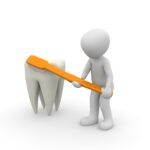
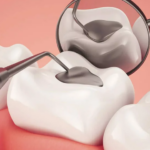
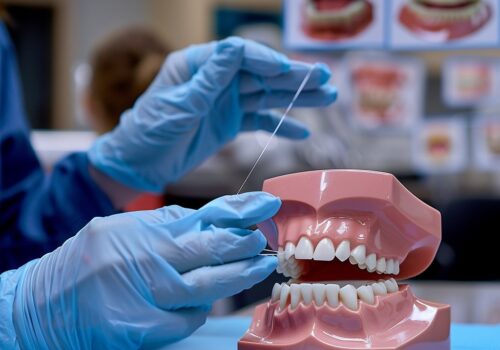
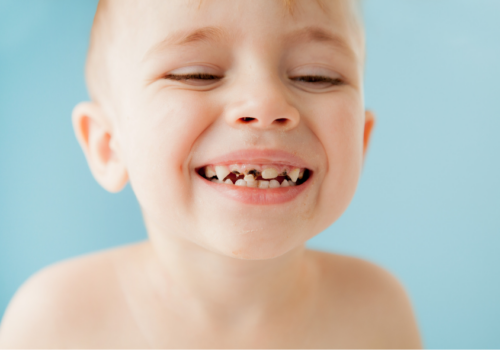

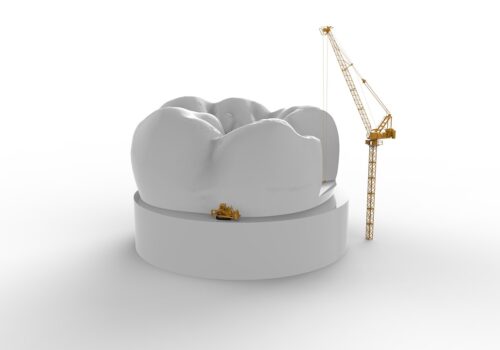
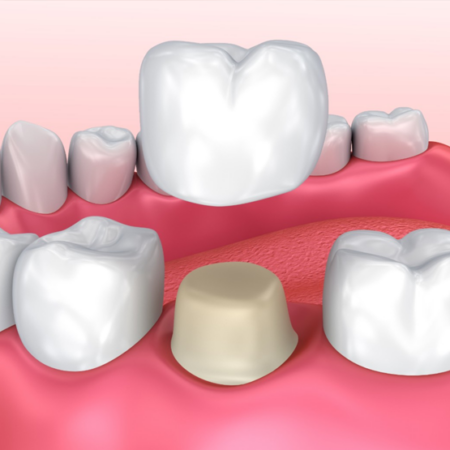
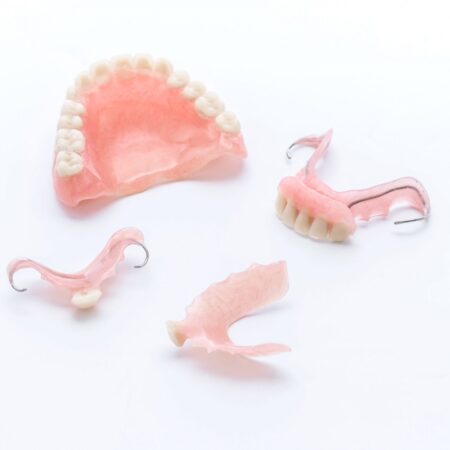
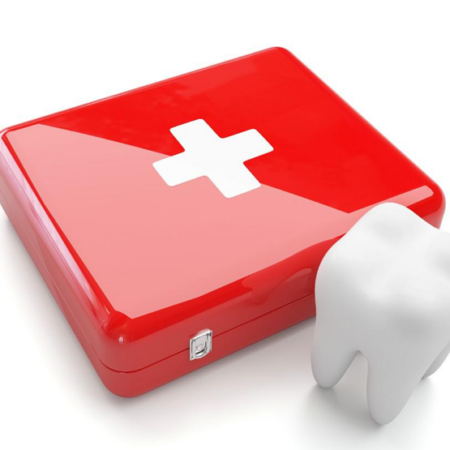
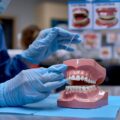


Leave a Reply